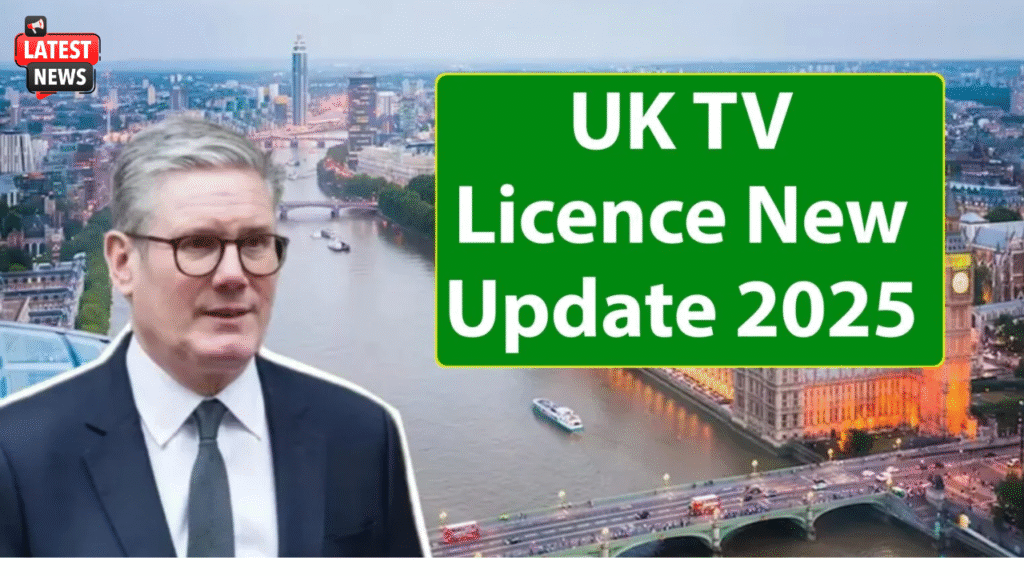Understanding the TV Licence System
A TV licence is required in UK homes to watch or record live television or stream BBC content via iPlayer, costing £169.50 annually as of 2025. This mandatory payment primarily funds BBC programming, ensuring the broadcaster remains independent and free from advertising. While some view this system as vital, critics argue it’s outdated in the era of streaming platforms like Netflix and Disney+.
Why Television Matters to Older Citizens
For pensioners, the TV licence isn’t just a bill—it’s a gateway for news, entertainment, and companionship. Many retired individuals live alone and rely on television to stay connected, making the annual fee a financial strain, especially for those on fixed incomes.
Policy Change: What’s New in 2025?
The government has announced that, starting April 2025, all UK residents aged 75 and above will again receive a free TV licence regardless of whether they claim Pension Credit. This reverses the 2020 rule that restricted free licences only to Pension Credit recipients, and means the Treasury—rather than the BBC—will cover the cost, thus protecting BBC’s budget.
Free TV Licences Return for UK Reasons Behind the Reversal
Extensive feedback from pensioners, advocacy groups, and the public led to this change. The cost-of-living crisis, rising bills, and financial pressures pushed policymakers to address what many elderly citizens saw as an unjust exclusion. The government stated the change reflects its commitment to supporting society’s most vulnerable.
Free TV Licences Return for UK Impact on Pensioners’ Lives
-
Eligible pensioners save £169.50 per year on household expenses.
-
Automatic eligibility removes the hassle and paperwork previously required to claim the benefit.
-
Expected to lower stress and confusion, simplifying access for millions.
Free TV Licences Return for UK Implementation Timeline
The new scheme will roll out from April 2025. Any household containing a person aged 75 or over will receive the benefit automatically, and those who have pre-paid their licence for the year can expect refund methods to be announced soon.
Free TV Licences Return for UK Funding and Future Concerns
The switch to Treasury funding is generally welcomed but raises questions about public finances and alternative BBC funding models. While this measure brings immediate relief, the long-term viability of the TV licence system remains under debate.
Free TV Licences Return for UK Social and Emotional Benefits
Charities believe that offering free television to pensioners can help tackle loneliness and promote better mental health by keeping older people socially and culturally engaged. Studies link television access to improved well-being among elderly citizens.
Free TV Licences Return for UK Generational Implications
The funding for free licences will come from general taxation, prompting discussions about fairness among younger taxpayers. While some view it as a cost-sharing responsibility, others question its relevance for digital-age viewers.
Free TV Licences Return for UK Closing Thoughts
Restoring free TV licences for those over 75 signals the government’s commitment to older citizens’ welfare, providing both financial respite and continued access to vital media. Although discussions about the future of public broadcasting will continue, this immediate move offers tangible support for pensioners during challenging times.
